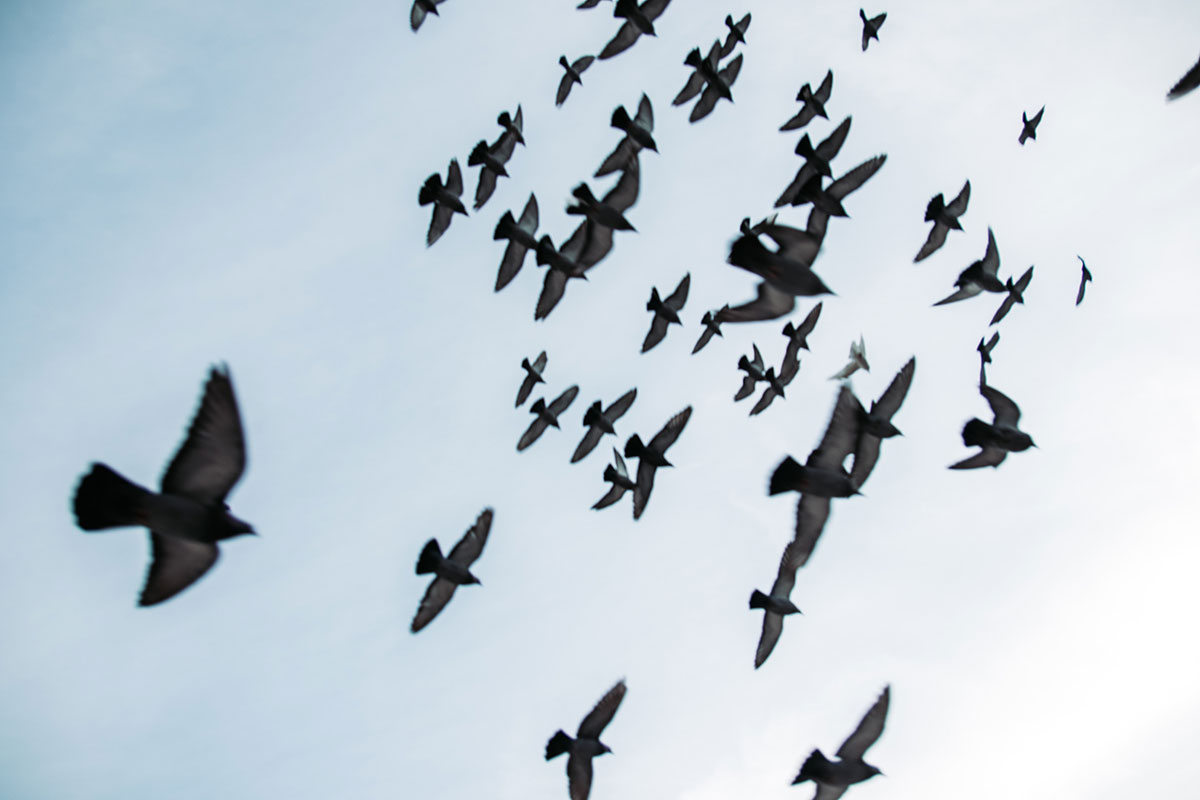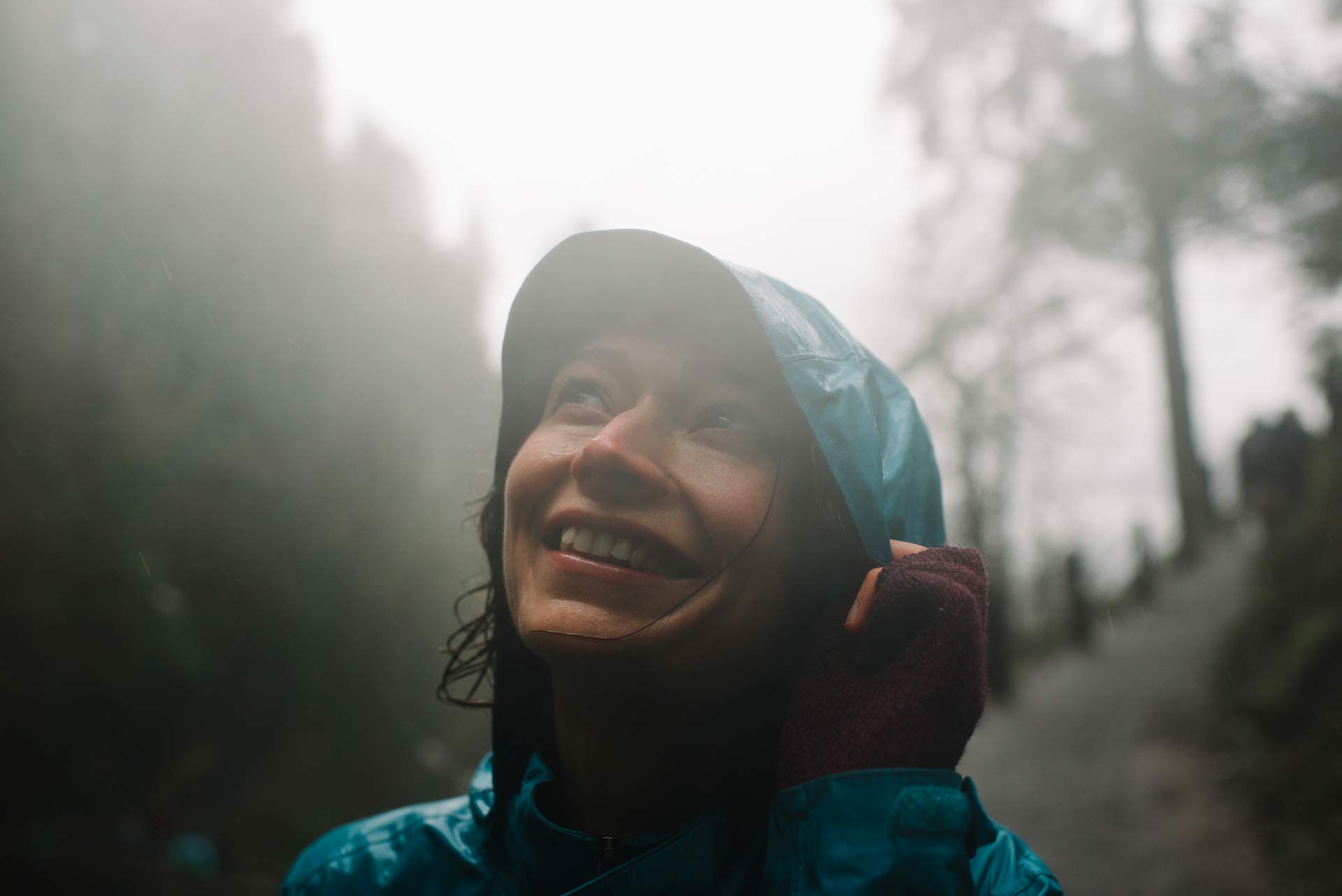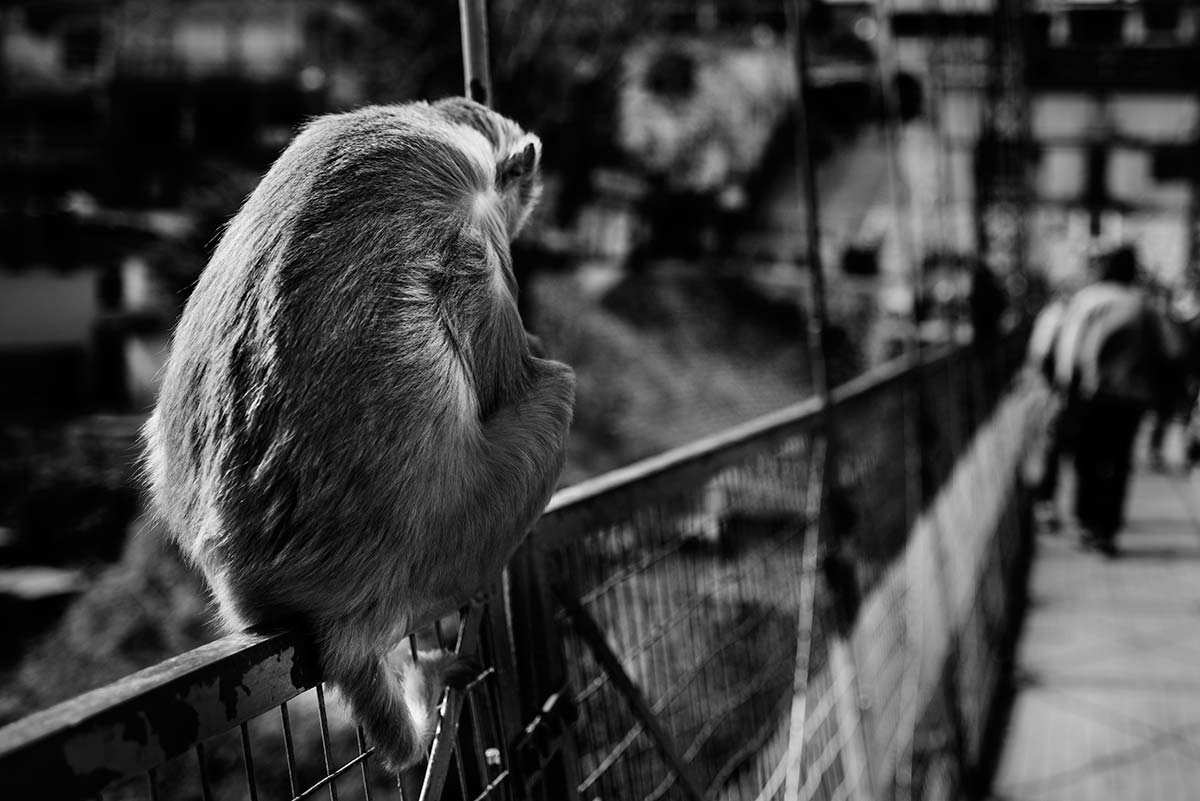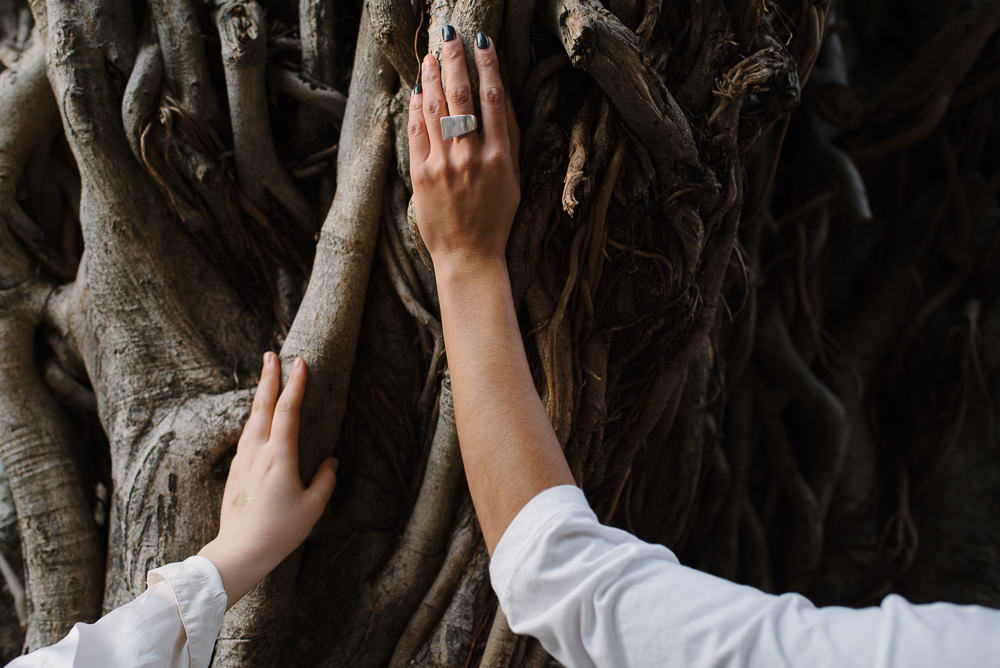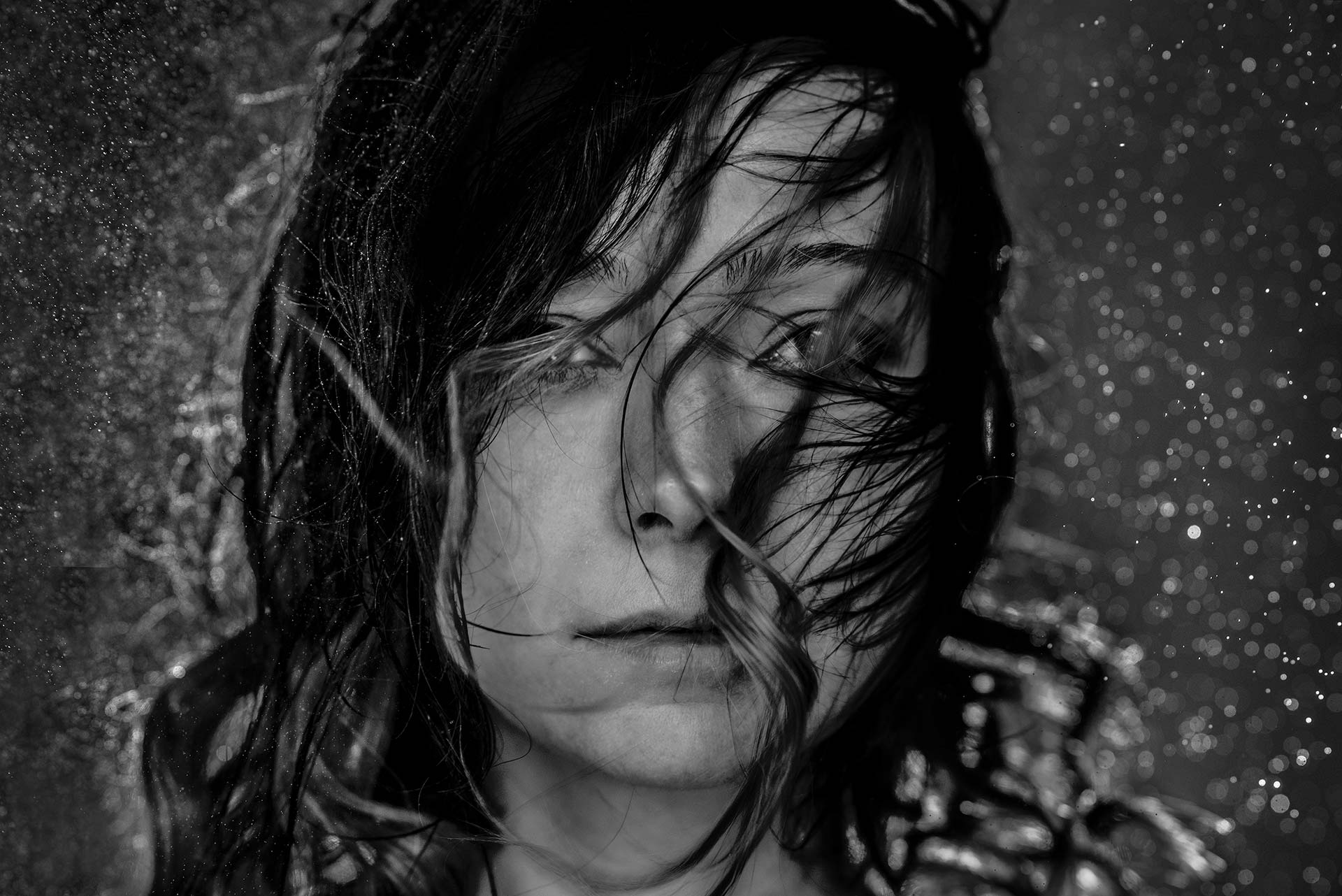Welcome to Part 2 of A Journey Home, an ongoing series of personal stories about awakening to inner wisdom. They’re both for me, because it brings me joy to share them with you, and for you, to take from them anything which resonates as true and helpful. In case you missed Part 1, you can read it here.
Years had passed since I woke up to my spirit, and to the spirit of nature in Peru’s Amazon jungle. I came home to Canada with my heart open, ready to live a whole new, perfect, beautiful life. But it didn’t happen, at least not in the way I imagined it would. But life has a way of cracking you open as much as it takes for you to see more deeply into its profound beauty.
In Peru, I found a place where magic was allowed to be real. Where it was palpable in the way it wove the dreamlike stories of this life into visions and moments without separation from ourselves, from nature, or from the universe. It was fluid, alive, and not only accepted but embraced by those who lived there. When I came home, my heart began to close as I realized I wasn’t able to share in that magic anymore, not like I had anyway. It was too much for people, too different, too irrational. So I shared it with nature instead. While out on walks, when no one was around, I would lay my hand on a tree and let myself feel what it felt… the warm, nourishing sun on its leaves, the maternal joy that it felt as little birds fluttered around its branches. I closed my eyes and the hypnotic drumbeat of a dragonflies wings helped me sink deeper into the tree, into the complete sense of alive presence and endless connection that felt like the tree’s natural state of being. My thoughts were stilled, my heart pounded, I felt expansive, I felt the tree’s joy in sharing this moment with me, I felt my joy in sharing this moment with the tree… they were one and the same. Eventually, I heard footsteps coming and I pulled myself away. My self-conscious mind kicked in… “Don’t look like a crazy tree hugger, Abby. Be cool.” The moment was done. I smiled at the tree and carried on with my walk.
“Nature is not mute; it is a man who is deaf.”
– Terence McKenna
Life can be pretty ironic. Humanity searches for intelligent life out in the universe, feeling all alone in an empty void. All while ignoring the brilliance that already surrounds it.
What if it were the belief itself, the thought “we’re all alone” that is the very thing causing us to be alone? In the western world, we speak the language of the mind; of thoughts, words, and facts. But do we speak the language of the heart? Of emotions, senses, and connection? Just beyond the walls of our mental constructs lies the pure consciousness that everything is made of. The only journey we have to go on to discover it is through that of thoughts which say things like “that is a tree, nothing more.” That thought is a dead end to discovery.
To KNOW something with absolute resolve is to cut yourself off from the EXPERIENCE of it.
How much deeper could I have gone into experiencing that tree? The essence of its aliveness is its constantly changing state. There is no limit. As each moment is experienced the very consciousness witnessing it is also taking it to a new place. Nature is ever-changing, from birth to growth, to death and decay. Chemical processes are happening on the micro and macro levels in all things at all times. To become stuck is to lose the flow of nature. To attach yourself to a thought, person, place, or thing to the point where you won’t go on without it is to fight your own nature. It is to refuse yourself the greatness of evolving through new experiences.
Buddhists speak of non-attachment, and Vipassana meditators will frequently mention the Sanskrit term “anicca”, meaning “impermanence”. In the time it takes us to decide we know something, that thing has already changed into something new. When you let go of having or needing all the answers, it allows your mind to open so you can be present with an experience. And ironically enough, being present creates space for the answers to appear.
But remember that it is all anicca. From the things that feel shitty to the things that feel awesome, they will all pass to allow space for something new. It is when we try to hold on too tightly that we become stuck and fight the flow of our nature. When we try to hold on to a moment in the past, to an ideal, or to a title given to us – like successful, young, worthy, or unworthy. We hold on when we forget that we are so much more than that.
You are not a title or a role, those are just stories in a game.
You are the consciousness seeing what it feels like to play those roles.
You are evolving, and the game is here to help you.
Everything in your life is here to help you grow. It is life happening FOR you. I suffered for a long time under the belief that life was happening TO me. I believed that I was a fish out of water plunked down in a part of the world where magic wasn’t allowed to exist. And it was THAT BELIEF that made me suffer. “You don’t belong here” is a thought I’ve carried my whole life. It has been a building block to help me learn an important lesson.
A few months ago I was listening to my friend practice a talk for her conference. There was a part where we were to write down something that we felt was holding us back in life. So I wrote down the thought that felt like an old, familiar (and shitty) friend: “you don’t belong here.” Then we were to think of what we would say to a friend if they were dealing with what we had written down. Isn’t it funny how it can be so much easier to give compassion to our loved ones than to ourselves? I thought about my friend who felt like she didn’t belong here. I let myself feel love for her. What would I tell her? I allowed my mind to go blank, and after a few minutes, an answer appeared…
“You belong in your heart.”
Tears welled in my eyes and my hand moved to my heart. The beautiful simplicity of truth washed over me. It resonated in my body. It felt light and expansive. It felt true. “You don’t belong here” was a lie I had believed. It hurts to believe something that isn’t true for you, and that pain is your body’s way of telling you it isn’t true. But it can take years, even lifetimes, of identifying with thoughts before realizing they’re lies. “You don’t belong here”, “magic isn’t allowed here”, “you’re stuck here”, “you can’t be happy here”, blah blah blah. My thoughts provided a fury of reasons for why I hurt, all of the stories that weren’t true. I didn’t belong in those stories, I belonged in my heart. But at some point, I had left my heart when I agreed with the thought “you don’t belong here.”
This realization was a huge turning point, but it took time to fully let it go. And I didn’t do it alone. The thought was so big and so deep for me that I decided it was time to ask for help. I called another Shamanic Medicine Practitioner who I met and who inspired me while we treated people together in a public clinic in Vancouver. She is marvelous, but that is another story. I received two phone sessions from her and in that time she helped move through my subconscious mind to uncover and heal history that had been burdening me and affecting my thoughts, feelings, and actions most of my life. In each session, we removed another layer of an onion that had formed around a painful thought.
It isn’t until you shed a burden that you realize how much energy it took you to carry it.
It took a long time for me to build layer upon layer of the thought “you don’t belong here”, and it took time to remove those layers piece by piece. The work I did with my friend and peer was profound and transformative, and yet I knew that I still had more work to do.
My husband is studying life coaching and it’s been fascinating to see how much of what he has been learning crosses over in the work that I do. A fragment of the thought resurfaced not long ago and I asked him to help me with it. To be more honest, my stories around the thought surfaced and I felt hurt and angry and I asked him for help. As I shared my stories of feeling like I don’t belong, he helped me find the thought “I’m not happy here”, another take on my old, familiar (and shitty) friend who says “you don’t belong here”. He asked me if I wanted to do the work on the thought, and I said yes. It was a powerful process, as a sort of self-surgery with the guidance of a trained professional showing me the way through step-by-step. It was a medicine for the mind; to hold the thought under the light of awareness and ask, once and for all, if it was true. When I did this, I realized that no, it wasn’t true. Now, was I going to allow this lie to continue hurting me? Fuck. No. I chose to let it go. To truly and entirely let it go. To thank it for its wisdom, for teaching me that there is no place outside of me that can make me happy or unhappy.
Happiness is a choice and a state of being. Happiness is living in your truth. And part of my truth is feeling that no matter where I am when I live in my heart, I belong there. If you enjoyed this post and you think others would too, then sharing it would be a huge honour for me. Thank you for coming along on this journey!
